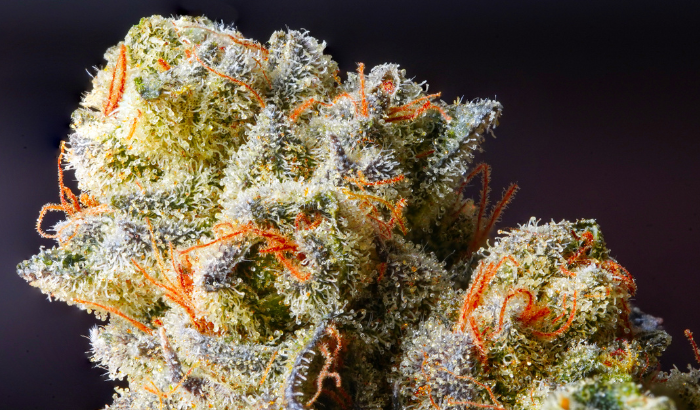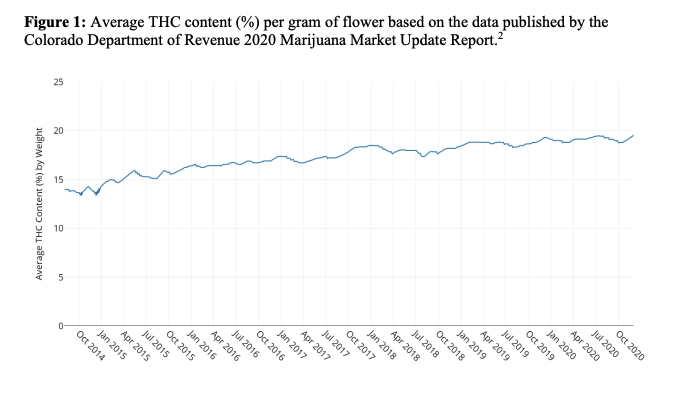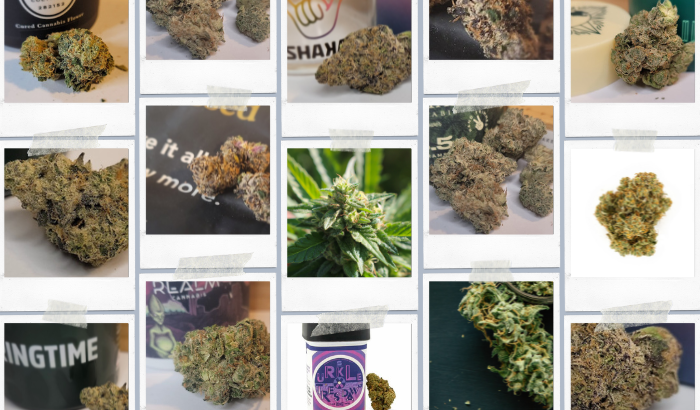
“The findings are similar to a review by the Massachusetts Cannabis Control Commission which found ‘insufficient evidence’ to recommend a THC potency cap”
Part of the compromise that rational consumers agreed to with recreational cannabis involved having to continue putting up with prohibitionist bullshit long after dispensaries opened.
In a lot of markets, including Massachusetts, that means keeping quiet when politicians and their law enforcement cronies peddle extremities about driving under the influence of weed. And in Colorado, it’s meant watching the state commission the Colorado School of Public Health to “carry out a systematic review … related to the physical and mental health effects of high-potencyTHC marijuana and concentrates.”
It’s all for the “purpose of producing a public education campaign for the general public regarding the effect of high-potency marijuana on the developing brain and on physical and mental health,” and after a two-year wait researchers finally submitted their report to Colorado in April. The inquiry focused on four policy questions:
- Are adolescents and young adults especially susceptible to adverse physical or mental health outcomes of high-concentration cannabis products?
- Are individuals with preexisting mental health conditions especially susceptible to adverse mental health outcomes of high concentration cannabis products?
- Are pregnant and nursing women susceptible to adverse physical or mental health outcomes of high-concentration cannabis products? Are infants/children with prenatal and postnatal exposure to high concentration cannabis products susceptible to adverse physical, neurodevelopmental or cognitive effects from this exposure?
- Are high-concentration THC cannabis products associated with greater risk of adverse physical or mental health outcomes than lower-concentration products?
The report is extensive, analyzing hundreds of relevant studies and parsing the findings accordingly. There’s a lot in the details worth noting, and which will surely become fodder for subsequent studies; for example, they found “four [studies that] identified associations between cannabis use and adverse outcomes with two of those four demonstrating a statistically significant association between THC concentration and increased risk for first episode psychosis.” In other cases, potential benefits to the consumption of high-TAC strains were found.

Overall, however, the findings were largely inconclusive. As analysts for the national advocacy group NORML summarized, “researchers affiliated with the Colorado School of Public Health failed to reach any definitive conclusions regarding the potential health risks associated with the use of high-THC products, following the completion of a two-year review of available data.” NORML, which “has opined against the imposition of THC potency caps for state-regulated products because of concerns that doing so would drive the production and sale of these products underground and bolster the unregulated marketplace,” continued …
Researchers reviewed over 450 relevant studies. They identified only “limited” evidence supporting that high-THC products are associated with an elevated risk of substance abuse or dependence. Similarly, they found little data to substantiate fears that young people are more susceptible to “adverse physical or mental health outcomes” after using concentrated THC products.
Investigators did identify “a moderate amount of evidence that high-concentration THC cannabis products are associated with adverse mental health outcomes for those with preexisting mental health conditions.” NORML has long opined that those with a family history of psychiatric illness or with a clinically high risk of psychosis may be especially vulnerable to experiencing adverse events from cannabis.
“The study’s findings,” NORML noted, “are similar to those of a 2021 state-sponsored review by the Massachusetts Cannabis Control Commission which found ‘insufficient evidence’ to recommend a THC potency cap on legal marijuana products.”
























